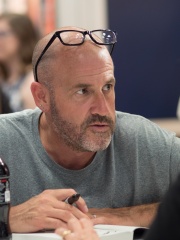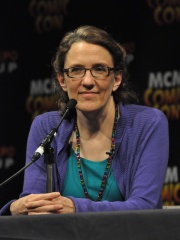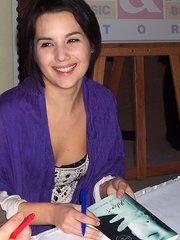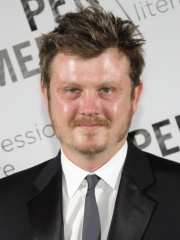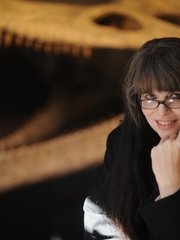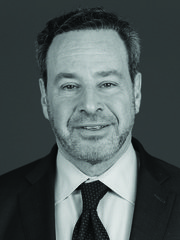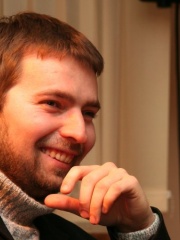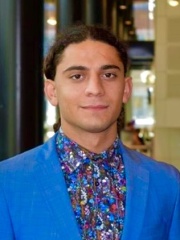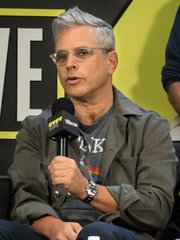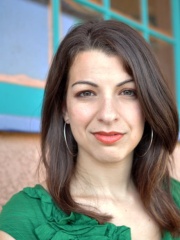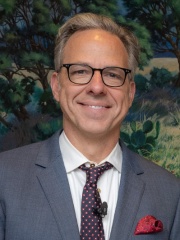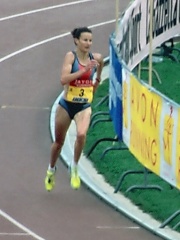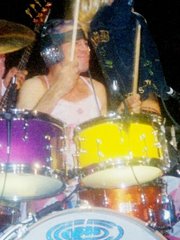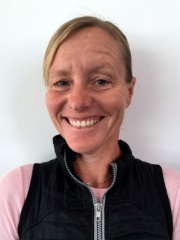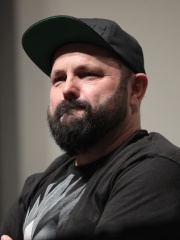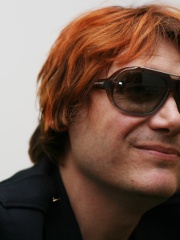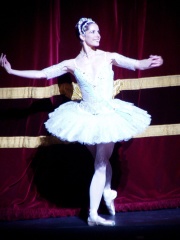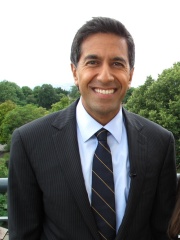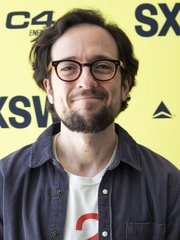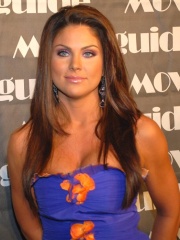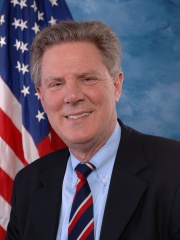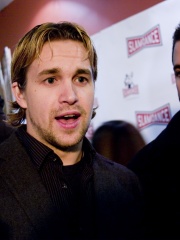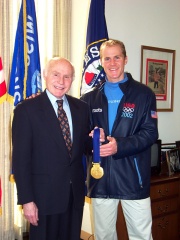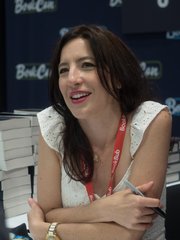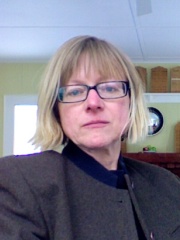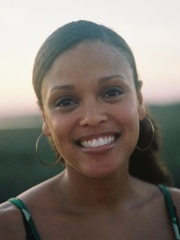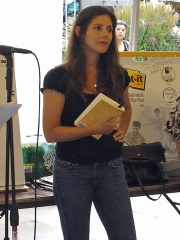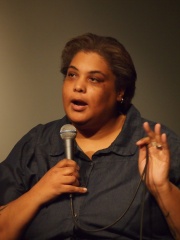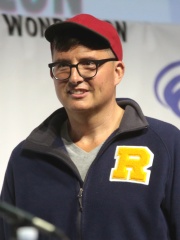Writer
James Frey
1969 - today
EN.WIKIPEDIA PAGE VIEWS (PV)
 James Frey
James Frey
Her biography is available in 19 different languages on Wikipedia (up from 18 in 2024). James Frey is the 7,410th most popular writer (down from 7,156th in 2024), the 18,634th most popular biography from United States (down from 17,213th in 2019) and the 1,219th most popular American Writer.
Memorability Metrics
Page views of James Frey by language
Among Writers
Among writers, James Frey ranks 7,410 out of 7,302. Before her are Jane Espenson, Melissa Panarello, Beau Willimon, David Magee, Hissa Hilal, and Caitlín R. Kiernan. After her are David Frum, Dawid Jung, Yahya Hassan, Richard Appel, Anita Sarkeesian, and Annemarie Jacir.
Most Popular Writers in Wikipedia
Go to all RankingsJane Espenson
1964 - Present
HPI: 40.10
Rank: 7,404
Melissa Panarello
1985 - Present
HPI: 40.10
Rank: 7,405
Beau Willimon
1977 - Present
HPI: 40.08
Rank: 7,406
David Magee
1962 - Present
HPI: 40.05
Rank: 7,407
Hissa Hilal
HPI: 40.05
Rank: 7,408
Caitlín R. Kiernan
1964 - Present
HPI: 40.03
Rank: 7,409
James Frey
1969 - Present
HPI: 40.02
Rank: 7,410
David Frum
1960 - Present
HPI: 39.99
Rank: 7,411
Dawid Jung
1980 - Present
HPI: 39.96
Rank: 7,412
Yahya Hassan
1995 - 2020
HPI: 39.96
Rank: 7,413
Richard Appel
1963 - Present
HPI: 39.94
Rank: 7,414
Anita Sarkeesian
1983 - Present
HPI: 39.90
Rank: 7,415
Annemarie Jacir
1974 - Present
HPI: 39.88
Rank: 7,416
Contemporaries
Among people born in 1969, James Frey ranks 1,237. Before her are Jake Tapper, Sonia O'Sullivan, Bodhi Elfman, Madhoo, Amma Asante, and Adrian Young. After her are Michellie Jones, Brian Drummond, Nicky Wire, Darcey Bussell, Sanjay Gupta, and David Collins.
Others Born in 1969
Go to all RankingsJake Tapper
WRITER
1969 - Present
HPI: 40.23
Rank: 1,231
Sonia O'Sullivan
ATHLETE
1969 - Present
HPI: 40.23
Rank: 1,232
Bodhi Elfman
ACTOR
1969 - Present
HPI: 40.22
Rank: 1,233
Madhoo
ACTOR
1969 - Present
HPI: 40.21
Rank: 1,234
Amma Asante
ACTOR
1969 - Present
HPI: 40.19
Rank: 1,235
Adrian Young
MUSICIAN
1969 - Present
HPI: 40.14
Rank: 1,236
James Frey
WRITER
1969 - Present
HPI: 40.02
Rank: 1,237
Michellie Jones
ATHLETE
1969 - Present
HPI: 39.99
Rank: 1,238
Brian Drummond
ACTOR
1969 - Present
HPI: 39.99
Rank: 1,239
Nicky Wire
SINGER
1969 - Present
HPI: 39.97
Rank: 1,240
Darcey Bussell
DANCER
1969 - Present
HPI: 39.87
Rank: 1,241
Sanjay Gupta
WRITER
1969 - Present
HPI: 39.85
Rank: 1,242
David Collins
ATHLETE
1969 - Present
HPI: 39.84
Rank: 1,243
In United States
Among people born in United States, James Frey ranks 18,642 out of NaN. Before her are Josh Brener (1984), Paolo Banchero (2002), Zeke Nnaji (2001), Marissa Ribisi (1974), Theresa Andrews (1962), and Nadia Bjorlin (1980). After her are Steve Forrest (1986), Frank Pallone (1951), Michael Stahl-David (1982), Bryce Harper (1992), Lee Nguyen (1986), and Casey FitzRandolph (1975).
Others born in United States
Go to all RankingsJosh Brener
ACTOR
1984 - Present
HPI: 40.04
Rank: 18,636
Paolo Banchero
BASKETBALL PLAYER
2002 - Present
HPI: 40.04
Rank: 18,637
Zeke Nnaji
BASKETBALL PLAYER
2001 - Present
HPI: 40.03
Rank: 18,638
Marissa Ribisi
ACTOR
1974 - Present
HPI: 40.03
Rank: 18,639
Theresa Andrews
SWIMMER
1962 - Present
HPI: 40.03
Rank: 18,640
Nadia Bjorlin
ACTOR
1980 - Present
HPI: 40.03
Rank: 18,641
James Frey
WRITER
1969 - Present
HPI: 40.02
Rank: 18,642
Steve Forrest
MUSICIAN
1986 - Present
HPI: 40.02
Rank: 18,643
Frank Pallone
POLITICIAN
1951 - Present
HPI: 40.01
Rank: 18,644
Michael Stahl-David
ACTOR
1982 - Present
HPI: 40.01
Rank: 18,645
Bryce Harper
BASEBALL PLAYER
1992 - Present
HPI: 40.01
Rank: 18,646
Lee Nguyen
SOCCER PLAYER
1986 - Present
HPI: 40.01
Rank: 18,647
Casey FitzRandolph
SKATER
1975 - Present
HPI: 40.00
Rank: 18,648
Among Writers In United States
Among writers born in United States, James Frey ranks 1,219. Before her are Stephanie Garber (1987), Jake Tapper (1969), Helen DeWitt (1957), Jane Espenson (1964), Beau Willimon (1977), and David Magee (1962). After her are Richard Appel (1963), Jesmyn Ward (1977), Ann Brashares (1967), Sanjay Gupta (1969), Roxane Gay (1974), and Roberto Aguirre-Sacasa (1973).
Stephanie Garber
1987 - Present
HPI: 40.32
Rank: 1,213
Jake Tapper
1969 - Present
HPI: 40.23
Rank: 1,214
Helen DeWitt
1957 - Present
HPI: 40.11
Rank: 1,215
Jane Espenson
1964 - Present
HPI: 40.10
Rank: 1,216
Beau Willimon
1977 - Present
HPI: 40.08
Rank: 1,217
David Magee
1962 - Present
HPI: 40.05
Rank: 1,218
James Frey
1969 - Present
HPI: 40.02
Rank: 1,219
Richard Appel
1963 - Present
HPI: 39.94
Rank: 1,220
Jesmyn Ward
1977 - Present
HPI: 39.87
Rank: 1,221
Ann Brashares
1967 - Present
HPI: 39.87
Rank: 1,222
Sanjay Gupta
1969 - Present
HPI: 39.85
Rank: 1,223
Roxane Gay
1974 - Present
HPI: 39.84
Rank: 1,224
Roberto Aguirre-Sacasa
1973 - Present
HPI: 39.82
Rank: 1,225
